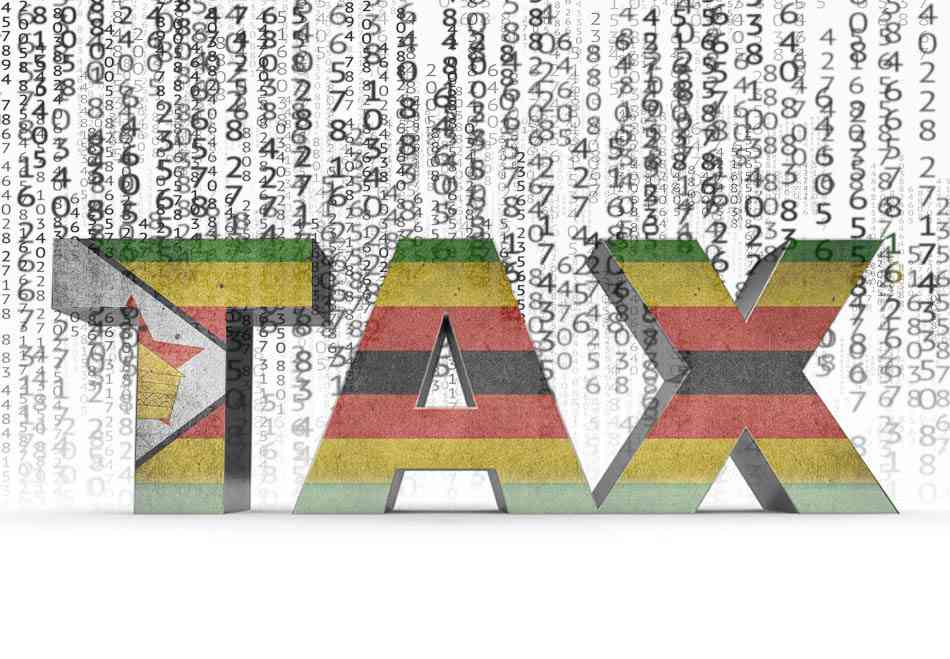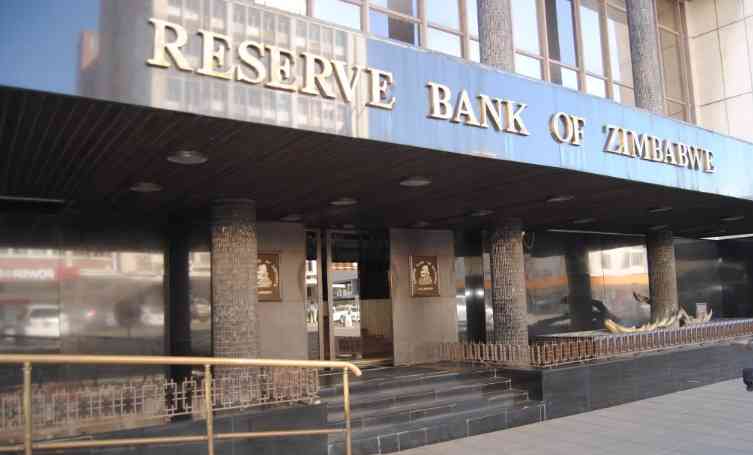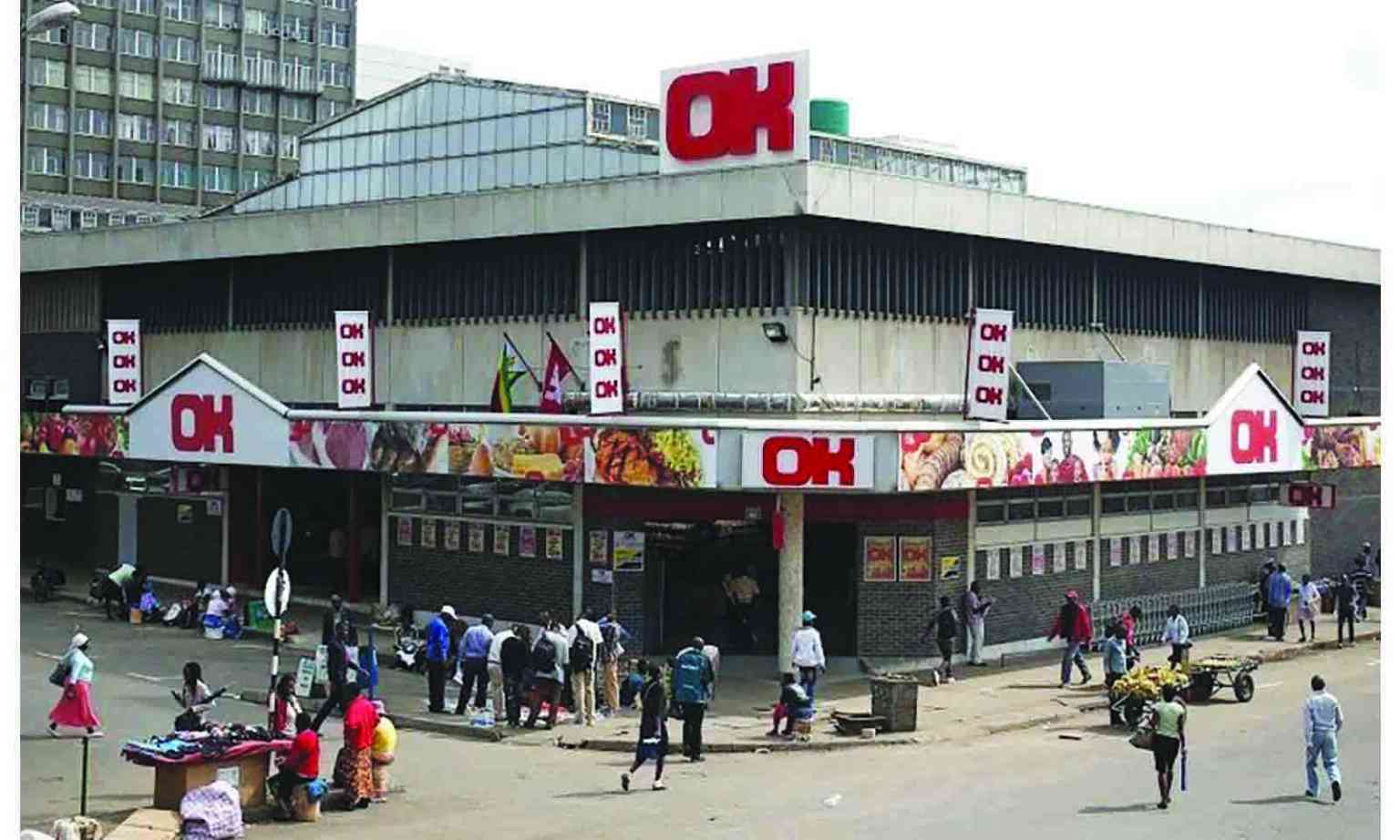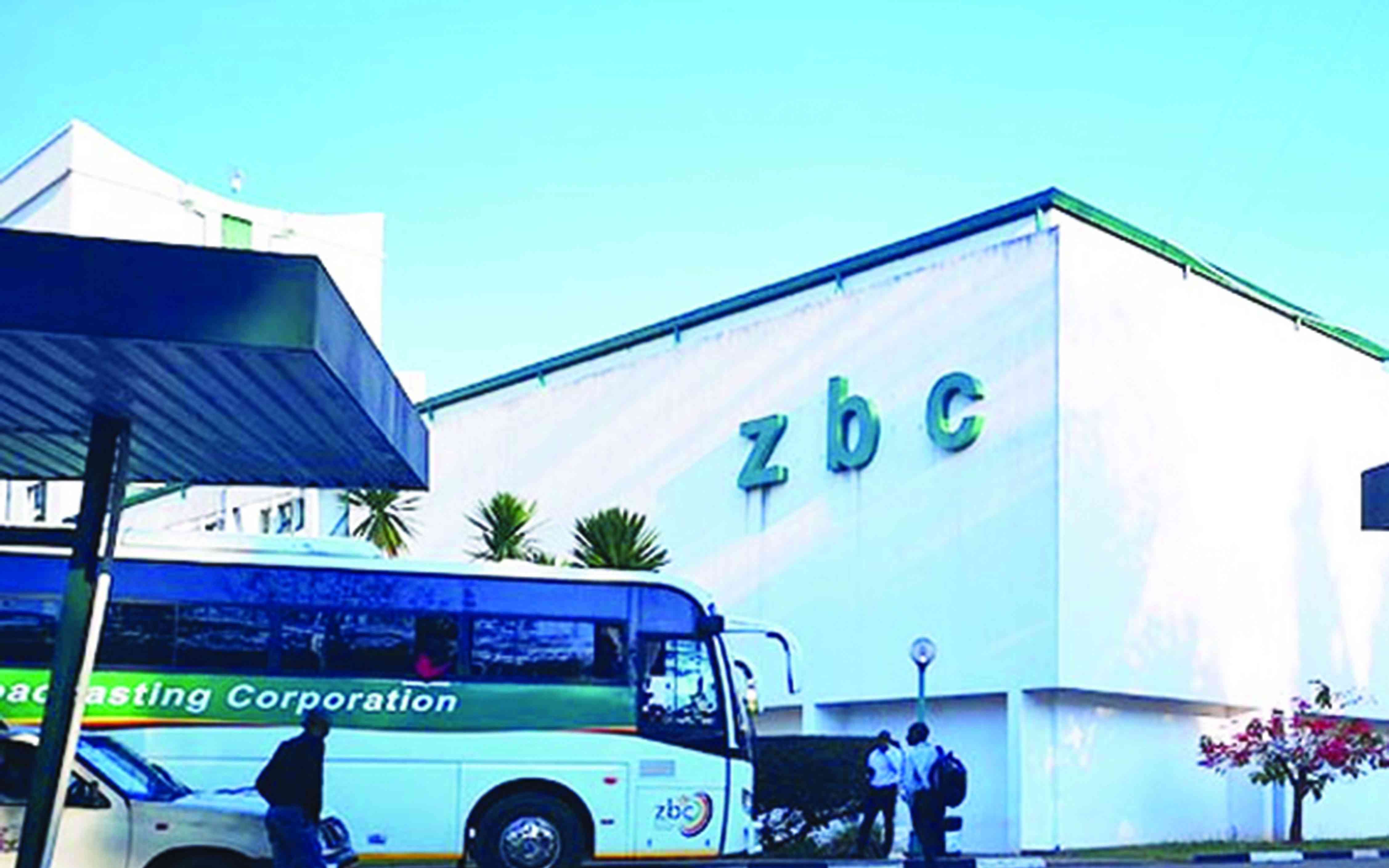
Almost every reporting season, it has become a familiar chorus: listed companies complaining about a tax regime they describe as vague, complicated and, at times, hostile.
Delta Corporation, National Foods and Innscor have all challenged tax assessments in court.
But a long-drawn-out dispute between Delta and the Zimbabwe Revenue Authority has now brought this simmering standoff to a head. The case underlines a truth the courts alone cannot fix: the root of the problem is political, not merely legal.
At the heart of Delta’s US$73 million tax fight is a problem that runs across the economy. It is the messy legacy of Zimbabwe’s multiple currency shifts. The disputed amount covers the period 2019 to 2022, those years of radical monetary swings when the country lurched from the US dollar to the Zimbabwe dollar and back again.
Delta argues its tax bills ignore a basic reality. This reality is that the local currency payments it made in good faith at the time have since been rendered almost worthless by high inflation. The company says it followed the “best available interpretation of the law” during a period marked by confusing and often contradictory policy signals.
The court system has offered no resolution.
Despite rulings against Delta in the High Court and Supreme Court — and the Constitutional Court’s refusal to hear the matter — the underlying issue remains unaddressed. As Delta chief executive Matlhogonolo Valela notes, “the disputes on tax are in fact disputes on currency transitional measures.” The courts can interpret law, but they cannot retroactively create the policy clarity that was missing during those chaotic years.
This deadlock carries a cost.
- Letters to the editor: PVOs Bill must be shot down
- KIFC eyes Zim financial sector
- New perspectives: Impact of tax policy on gender equality
- Scrap IMTT to save industry, govt urged
Keep Reading
For Delta, its total tax bill rose 19% to US$147,52 million in the last half-year, while its income tax expense more than doubled — eating into profitability and clouding future investment decisions.
For Zimbabwe, the signal is even worse. When one of the country’s top taxpayers is locked in a multimillion-dollar dispute over unclear rules, foreign investors read it as instability. The notion of a “hostile investment environment” stops being rhetoric and becomes fact, stifling the economic growth government claims to be chasing.
The solution now lies squarely with the ministry of Finance, Economic Development and Investment Promotion — the same institution that crafted the policies behind this mess.
The courts have made it clear that legal rulings cannot cure a policy vacuum.
Treasury must take leadership and untangle the legacy of the transition years.
That requires assessing whether companies acted in good faith under confusing rules, instead of penalising them for technicalities long after the fact. They cannot all be wrong.
Government must also rethink the “pay now, argue later” approach and issue clear, retrospective policy to finally close these disputes. Providing a framework to resolve transitional tax claims is not capitulating to corporate pressure.
It is an investment in credibility — and credibility is the one currency Zimbabwe cannot afford to devalue.











